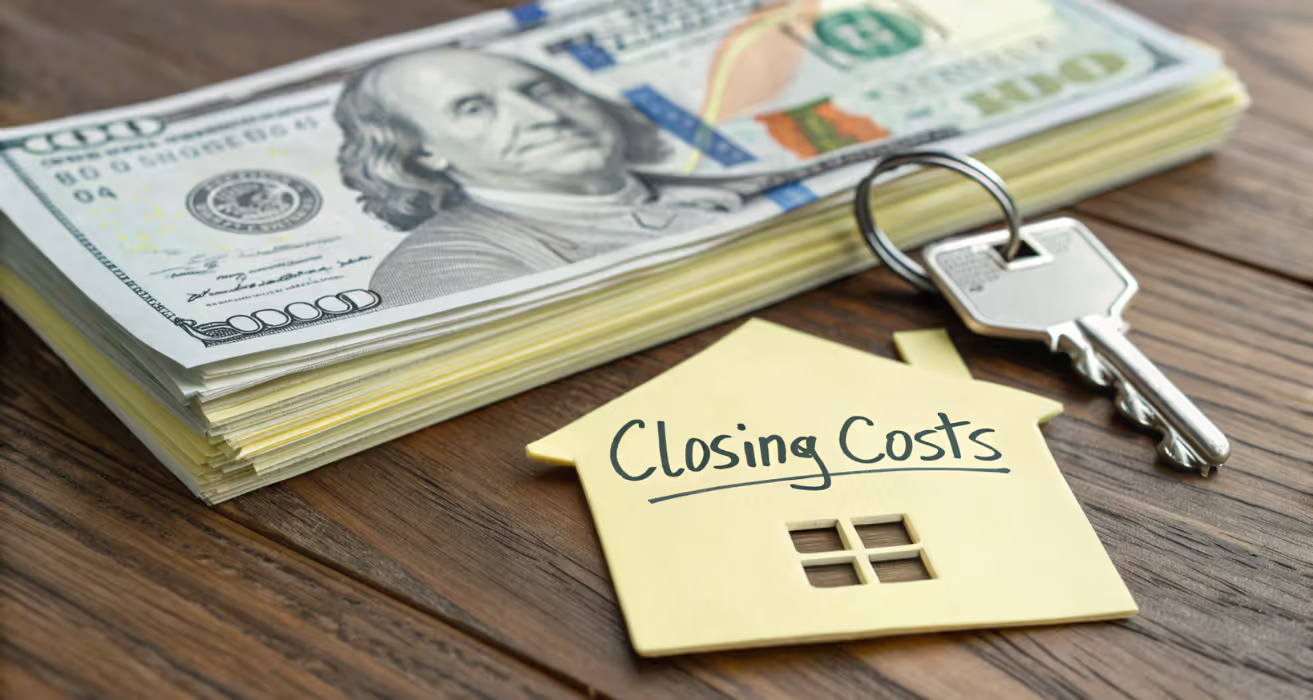How Often Can You Refinance Your Home?
.avif)
Refinancing your mortgage can be a savvy financial move if timed right. But is there a limit to how often you can refi? If you've recently refinanced or are considering doing it again soon, you’re not alone. With rate shifts and evolving financial goals, many homeowners are wondering: How soon is too soon to refinance again?
Let’s break down the rules, strategies, and traps to avoid.
Key Takeaways:
- Most lenders allow refinancing after 6 months, but loan type and lender policies vary.
- Multiple refinances are allowed, but each must have a clear financial benefit.
- Watch for prepayment penalties, closing costs, and break-even timelines.
- Cash-out refinances often have longer waiting periods than rate-and-term refinances.
- Your credit score, equity, and current interest rates all impact refi approval.
When Can You Refinance Again?
General Rule: You can typically refinance again after six months, but specifics vary based on loan type and purpose.
Key Refinance Waiting Periods:
- Conventional Loans: Usually, a 6-month wait between refinances.
- FHA Loans: Requires 210 days and six on-time payments for a streamline refi.
- Cash-Out Refinance: Often needs 6–12 months of ownership.
Pro Tip: Even if you're technically eligible, make sure the financial benefit outweighs the costs.
What’s the Catch? Things to Watch For:
1. Prepayment Penalties
Check if your current loan has a penalty for paying off early. While rare today, some non-QM or investment property loans may include them.
2. Closing Costs
Each refinance comes with fees, 2% to 6% of the loan amount on average. That adds up quickly.
3. Break-Even Point
How long will it take for your monthly savings to surpass your costs? If you sell or refi again too soon, you could lose money.
How Frequent Refinancing Can Be Smart (or Not)
Good Reasons to Refinance Again:
- Lower Interest Rates: Save more on long-term interest
- Debt Consolidation: Roll in higher-interest debt
- Home Renovation Funding: Tap equity through cash-out
- Change Loan Type: Switch from ARM to fixed or vice versa
When It’s Risky:
- Chasing small rate drops without long-term planning
- Refi fees eat up all the savings
- Multiple inquiries harming your credit score
Heads Up: Each refinance triggers a credit pull and potentially resets your loan term.
What Lenders Want to See Before Approving Another Refi?
- Good Credit: Aim for 620+, but higher scores get better rates
- Home Equity: At least 20% is ideal for the best terms
- Consistent Income: Lenders want stability
- Recent Payment History: No late payments in the last 6 months
Your Refi Checklist:
- Review your current mortgage terms
- Shop rates with multiple lenders
- Ask for a Loan Estimate (LE) to compare costs
- Use a break-even calculator to crunch numbers
Conclusion: Be Strategic, Refinance with a Plan
There’s no hard limit to how often you can refinance, but that doesn’t mean you always should. Make each refinance decision count by ensuring it aligns with your financial goals and timeline.
Looking for a commission-free home buying and refinancing platform? reAlpha empowers you to explore smarter mortgage options without the pressure. For guided support, tools, and licensed professionals, Be My Neighbor can help you navigate your refi journey with confidence.
NMLS ID Disclosure: Be My Neighbor Mortgage, NMLS #1743790. Equal Housing Lender.
This content is for informational purposes only and does not constitute financial advice. Loan eligibility and terms may vary based on individual circumstances. Always consult a licensed mortgage professional.
FAQs
How soon can I refinance my home after purchase?
Most lenders allow refinancing after 6 months, but confirm based on the loan type. FHA loans have stricter rules.
Can I refinance more than once in a year?
Yes, but make sure the savings outweigh closing costs. Some borrowers refinance 2–3 times in a year during rapid rate drops.
Does refinancing hurt my credit?
Each refi creates a hard credit inquiry, which may cause a slight dip. However, if managed well, refinancing can improve credit over time by lowering debt.
Is it bad to refinance often?
Not necessarily, but frequent refis can rack up fees and extend your loan term. It's all about cost-benefit balance.
Can I refinance with the same lender?
Absolutely. But always compare offers; sometimes another lender offers better rates or lower fees.


.avif)
.avif)
.avif)
.avif)
.avif)
.avif)
.avif)
.avif)
.avif)
.avif)
.avif)
.avif)
.avif)
.avif)
.avif)
.avif)
.avif)
.avif)
.avif)
.avif)
.avif)
.avif)
.avif)

.avif)

.avif)
.avif)
.avif)
.avif)
.avif)
.avif)



.avif)





.avif)
.avif)
.avif)
.avif)
.avif)
.avif)
.avif)
.avif)
.avif)
.avif)
.avif)
.avif)
.avif)
.avif)
.avif)
.avif)



